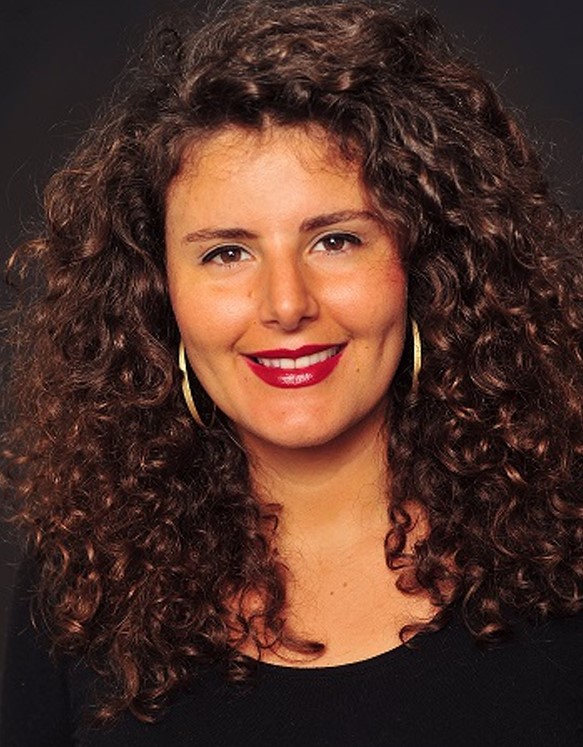SHAMIRA RAPHAËLA

BIO
Shamira Raphaëla is a bi-racial director (Dutch mother and father from Curacao) that lives in Rotterdam. She grew up in Aruba where he finished High school. She moved to the Netherlands for her bachelor degree in Audiovisual-arts (Artez academy of Art & Design). Her debut documentary Deal With It (2015), a raw personal film about destructive family patterns and unconditional love, won multiple international awards. Lenno & the Angelfish, a story of a young boy with behavioral problems, won Best Children’s Documentary Award at IDFA 2017 and Best European Children’s Doc award (European Children’s Film Association, Berlinale 2019). Daddy and the Warlord (2019), a daughter’s search for answers set in post war torn Liberia, received Holland’s most prestigious film award the Golden Calf at the Netherlands Film Festival. Shamira is a board member of the Dutch academy of film, short film programmer at IFFR and launched framing of us, together with Tessa Boermans at Idfa 2020, aiming to decolonize the documentary industry.
DIRECTOR’S STATEMENT
The film is set in the so called “hood” but is consciously stepping away from the dominant outside narrative of the inner-city life, no portrayal of victimhood, no poverty porn, no grim images. Instead in this film you see the world through Shabu’s eyes.
I come from a marginalized diaspora background myself and made a documentary about it Deal With It (2014) which showed the unfortunate dark side of the immigrant legacy, a Caribbean family descended into drugs and crime. With this film, Shabu, I felt compelled to show the other side of our community, happy loving families, caring fathers, strong friendships, supportive neighbors, dreams and aspirations, normalcy. A film filled with love, light and joy, regardless of the rough backdrop, where boys are allowed to cry and be vulnerable. Shabu, leading by example. Even though our hero’s enviable confidence, leads him to a downfall during the summer where he comes to accept that he might not know it all. No longer a child, but not yet a man. In our society black boys are all too often stereotyped, with all consequences of that. That film aims to counter that with a different perspective.
I aim to make a film that is targeted at children’s ages 10+ but can also be enjoyed by older audiences, as watching a film together can be a bonding experience and starting point of further conversation.

